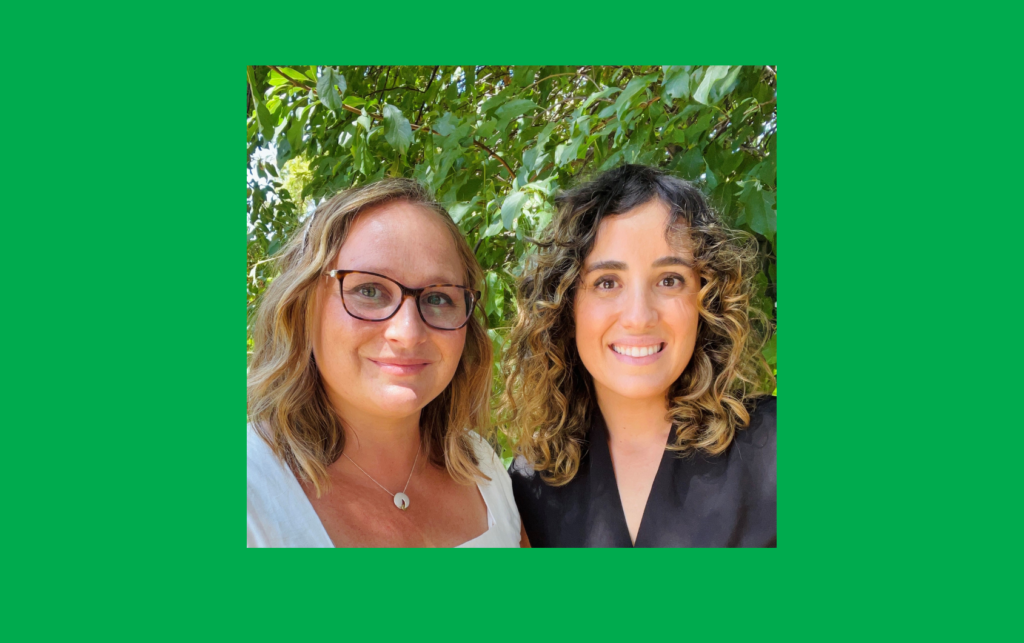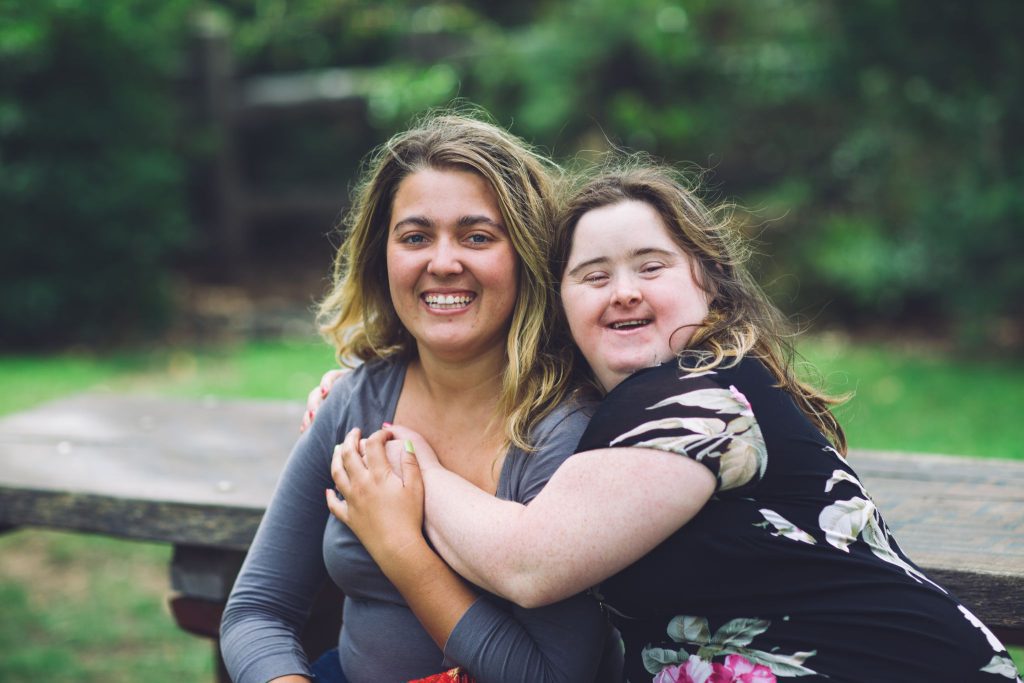Shifting behaviour through awareness

The Mail is teaming with Mindful Margaret River to share guidance and support from local members of the Mindful Margaret River alliance.
My first-hand experience of perinatal anxiety has prompted me to volunteer as a peer support mother and as a group facilitator for pregnant women suffering anxiety after an experience of perinatal loss.
It has also prompted me to pursue a career change from dispensing optician to psychology and social sciences. My involvement with Mindful Margaret River stemmed from my interest in social issues and in perinatal mental health.
Perinatal emotional disorders (anxiety, depression, stress and psychosis), which affect both women and men, have increased by 43 per cent this year.
Whilst perinatal depression affects up to 15 per cent of Australian parents, the Perinatal Anxiety and Depression Association (PANDA) estimates that at least 20 per cent of women will experience perinatal anxiety.
The symptoms of depression can include insomnia, feelings of numbness, disconnection (going through the motions), sadness and anger.
Anxiety manifests through over-worrying and/or compulsive behaviour.
The scope of risk factors contributing to the high incidence include: social isolation, family and domestic violence, family or personal history of depression/anxiety, birth trauma, difficulty to conceive, history of perinatal loss, multiple birth, financial struggle, relationship issues, medical conditions (of either parents or newborn) or severe sleep deprivation.
In addition, the common belief that early parenthood should be a time of utter happiness does not help parents in our community because they feel like they are failing the social expectations and will often suffer in silence for longer due to the perceived stigma of those disorders.
– Judith Maechler

Although screening and professional support of high-risk individuals take place during pregnancy, women who present with little or no pre-birth risk factors remain underprepared and are monitored less.
In addition, the common belief that early parenthood should be a time of utter happiness does not help parents in our community because they feel like they are failing the social expectations and will often suffer in silence for longer due to the perceived stigma of those disorders.
Close friends and family may even downplay the severity of symptoms and use personality traits (naturally anxious for example) to justify a compulsive or worrying behaviour.
Often, low-risk individuals consciously or unconsciously refuse to self-categorise as having perinatal depression or anxiety which may exacerbate symptoms and further delay access to support and recovery.
So, although we, as a community, have no control on parents’ individual circumstances, we can control our response.
We can show empathy so that all parents can confidently speak up and reach out for the assistance they need without feeling judged.
We can assist through simple actions, such as dropping off a meal to reduce the daily stresses.
We can reject common beliefs and reduce the perceived stigma through everyday language, by asking about the parents’ emotions instead of how “good” their baby is.
By collectively redefining our social expectations, we alleviate the burden which parents already carry, and we reassure them that we are the village they need, so they can access our fantastic mental health support professionals when they need it.
– Judith Maechler
The 15th annual Perinatal Anxiety and Depression Awareness week will be held from November 8 to 14, 2020.
For advice, helpful resources, and to show your support, visit www.panda.org.au
Mindful Margaret River is an alliance of mental wellbeing professionals, government agencies, community members and the Augusta Margaret River Shire established to promote health and wellbeing.
mindfulmargaretriver.org.au
First published in the Augusta Margaret River Mail 2 November 2020




